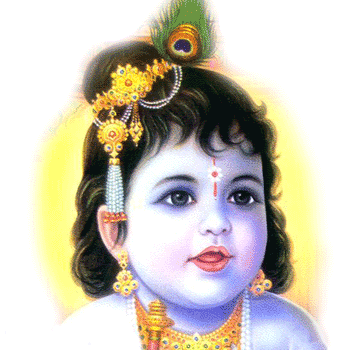What is music therapy and where did it originate?
Each individual has his or her own vibration or beat, and it is different in everyone. And it is the same with music or raga. The right raga can stimulate and facilitate an individual’s physical, mental, intellectual and spiritual well-being.If someone is suffering from an ailment, the music therapist has to assess that and carry out specific musical strategies to address his/her goals and objectives. The success of the music therapist lies in how he/she identifies the right raga for a particular individual. A music therapist can never prescribe a raga just like an ordinary doctor who prescribes pills for his patients. A music therapist has to understand the whole gamut of problems the individual has and then becomes his spiritual guide. “Raga chikilsa” (treatment) or music therapy was known to rishis and gurus from ancient times. This form of treatment was done by gurus and they are mentioned in the Vedas. Sabdikabheshajam (sabdika means voice and bheshaja means medicine) was one of the methods of treatment used by the aswinikumaaraas, the ancient vedic doctors. Based on the ancient literature the six charkas (chakras mean the nerve plexuses, which in yogic literature are called mooladhara, swadhishtaana, manipoora, anahatha, visudhi and agna) and the birth star of the patient are taken into account whil selecting the raga. There are 72 melakartharaagaas, which are basically related to the charkas and the birth stars.
.What does music therapy do?
It helps to alleviate pain, releases stress and tension, provides the feel good factor to lead a happy life, softens you up and brings you closer to spirituality, enhances your capabilities to understand another person, increase communication skills, improve self respect, confidence and helps you to become an ideal individual.
Who can benefit from music therapy?
People with health issues such as high blood pressure, cancer, substance abuse, visual impairments, Aids, Alzheimer’s, dementia, autism and pervasive development disorders, eating disorders, emotional trauma, learning disabilities, mental illness, insomnia, mental retardation, pain control, palliative care, physical disabilities, speech and language impairments.
Can conventional medicine be replaced with music?
Conventional medicine cannot be replaced immediately when you start music therapy. The music therapist will take many sessions to find out which raga or musical strategy would suit the individual. Once the therapy starts to show signs of improvement on an individual then gradually he can do without medicine.
The Holistic Health Village to be set up by the Kerala government and Mata Amritanandamayi is said to promote a vast array of spiritual and physical therapies.How will ordinary people of Kerala benefit from this?
I am not aware of this, but I have heard that there are moves to promote music therapy by the government. Amrita Institute has already started work on this and the response from ordinary people is overwhelming. I am trying to spread awareness about music therapy by giving invited lectures and talks on these subjects on Sundays and holidays all over Kerala.
Is there a particular energy current emanating from the cosmos that affects the life of an individual? Is an individual not in control of himself?
Yes. An individual has both cosmic energy and human energy but the success lies in harnessing these two energies in a way that he leads a purified life.
What do you see as the most significant achievements of your rather distinguished career?
I think the most significant achievement in my career is that I am a happy, free person, leading a contended life with whatever I have and that people love me as their own family member wherever I go.
Can you share with us an astonishing cure you have witnessed with the help of music therapy in Kerala?
I must say that music therapy is not a miracle or a supernatural cure. It is the most natural way of curing one’s own illnesses, physical, mental, spiritual and intellectual. It is a scientific way of life as well. Hypertensive patients on treatment who has not been able to bring down their BP with usual medicines have been able to bring down the BP with music therapy. I have also seen cancer patients with anxiety, insomnia and other associated symptoms of terminal illness been cured of such symptoms. I have a 29-year old patient who has undergone maxillectomy. She and her caretakers tell me that after music therapy her quality of life has improved.
Based on music therapy do you have any advise for young parents?
Young parents have to make sure that their children listen to music that is harmonious to their ears. For example, a music that will release in them an all-pervading ‘feel good’ sense.
Subscribe to:
Post Comments (Atom)


No comments:
Post a Comment